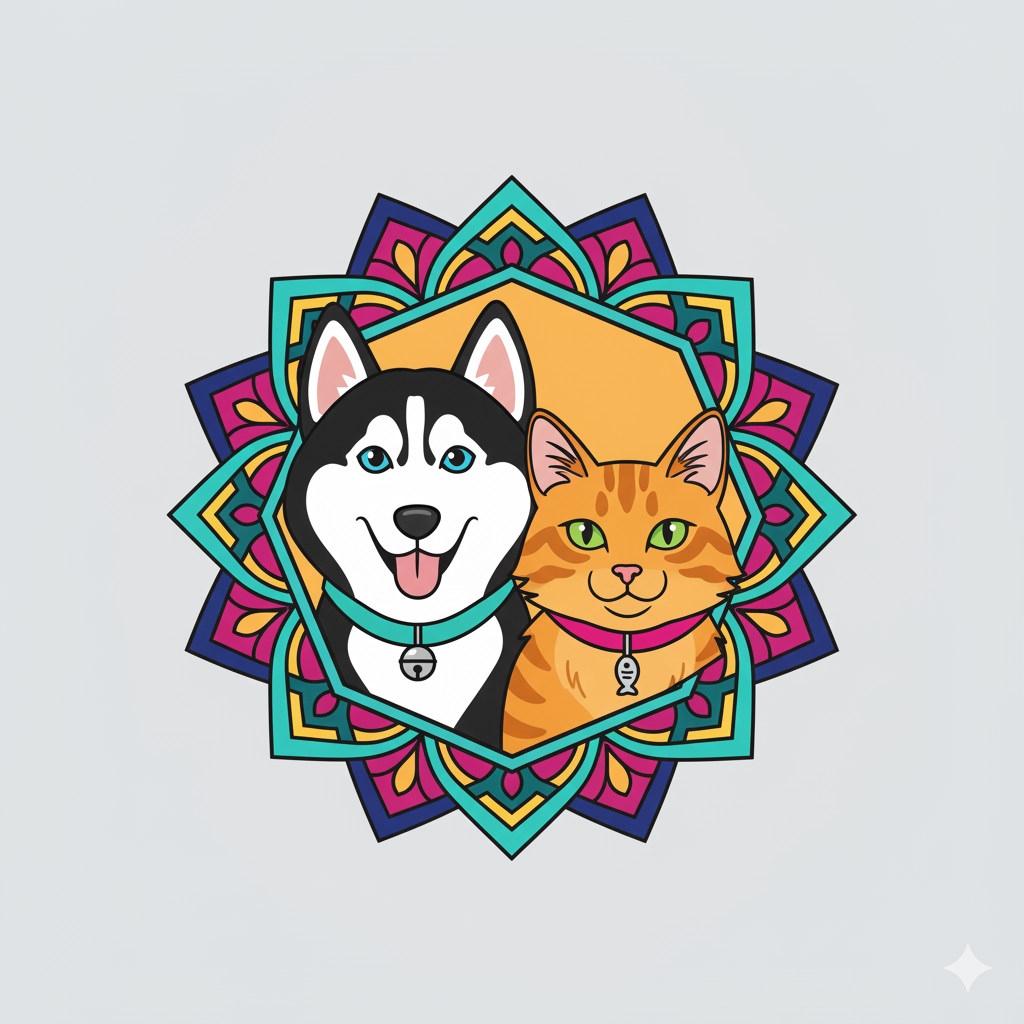Distinctive Traits of UK Pets Compared to Exotic Animals
When comparing UK pet characteristics with those of exotic animals, clear differences emerge in temperament and adaptability. UK pets, like dogs and cats, often display friendly and sociable personalities, making them well-suited for family environments. Their domestic nature ensures they thrive with regular interaction, consistent feeding schedules, and familiar surroundings.
In contrast, domestic pets vs exotic animals reveals behavioral uniqueness. Exotic animals may exhibit unpredictable responses and stress in confined spaces. Their specialized diets and environmental needs can challenge typical household care routines, potentially causing strain for owners unfamiliar with their requirements. Such behaviors demand greater attention to well-being, often exceeding what is manageable for the average pet owner.
In parallel : How can you effectively socialize a pet rabbit with other animals?
Furthermore, UK pet advantages include a higher level of adaptability to home life; they adjust readily to urban settings and established routines. Exotic pets, however, often require particular temperature, humidity, or habitat conditions that are difficult to replicate indoors. This difference in adaptability underlines the practical benefits of selecting traditional UK pets for those seeking low-maintenance companionship within the home.
Care Requirements and Maintenance Differences
Understanding varied needs for healthy, happy pets
In parallel : What Are the Benefits of Owning Unusual Pets in the UK?
When evaluating pet care needs in the UK, it’s evident that traditional pets such as cats and dogs require consistent but straightforward routines including regular feeding, grooming, and healthcare. Standard veterinary services readily support these needs. Ensuring access to pet maintenance products like quality food, grooming tools, and medical care is typically easy in most urban and suburban areas.
Conversely, exotic animal husbandry introduces heightened complexity. Exotic pets—ranging from reptiles to small mammals—demand specialized environments, including precise temperature controls, humidity levels, and habitat enrichment to mimic their natural surroundings. Feeding varies significantly; some species require live prey, specific diets, or supplements that are less accessible. Healthcare options can be limited due to fewer veterinarians specializing in exotic species throughout the UK.
Notably, resource availability influences care quality. Success in exotic pet ownership largely depends on the owner’s ability to secure expert advice and suitable equipment. Meanwhile, common pets benefit from established support networks and widespread information. Recognizing these distinctions is essential for prospective pet owners to provide appropriate, sustainable care.
Safety and Legal Considerations for Pet Owners
Protecting your household and understanding the law
When it comes to pet safety, households with children or vulnerable individuals must be particularly cautious. Certain pets may pose risks due to temperament, size, or health issues. For example, some exotic animals can carry zoonotic diseases or behave unpredictably, requiring rigorous supervision and secure housing.
In the UK, pet ownership laws include strict guidelines under exotic animal regulations. Keeping exotic species often demands licenses, adherence to welfare standards, and sometimes prohibitions depending on the species. The Dangerous Wild Animals Act 1976 sets out specific rules to protect both animals and the public, reflecting the legal responsibilities imposed on owners.
Owners must understand these requirements fully. Compliance minimizes risks of harm to family members and the community, while failing to observe legal obligations can lead to fines or confiscation of animals. Beyond legal considerations, responsible pet ownership includes providing appropriate care, preventing escapes, and ensuring pets do not threaten native wildlife.
By following both legal frameworks and best practices for pet safety, individuals can enjoy the rewards of pet ownership while safeguarding their home environment effectively.
Emotional Bonds and Social Benefits of UK Pets
In the UK, the human-animal bond plays a crucial role in how pet companionship enhances daily life. Many owners develop deep emotional connections with their pets, which frequently improves mental and emotional wellbeing. Whether it’s a dog’s loyal presence or a cat’s gentle purring, these bonds provide consistent comfort and stress relief.
Socialisation is another key benefit. Pets often encourage family members to interact more, fostering communication and shared responsibilities. Dogs, in particular, promote outdoor activities and social interactions during walks, integrating themselves seamlessly into family routines. This everyday involvement strengthens ties within the household and even supports community engagement.
However, bonding with exotic pets presents distinct challenges. Exotic animals can have unique care needs and may not express affection in familiar ways, making emotional connection and social integration more complex for pet owners. Understanding and patience are essential to form a meaningful relationship, but the rewards can be equally fulfilling for those prepared to meet these demands.
Overall, the social benefits of pet companionship in the UK enrich lives through connection and routine, reinforcing why these relationships are cherished.
Health, Longevity, and Ethical Considerations
When assessing pet health and pet lifespan, it’s essential to compare traditional UK pets, like cats and dogs, with exotic animals. Generally, cats and dogs have well-documented lifespans—about 12-15 years for cats, and 10-13 years for dogs—supported by extensive veterinary care. Exotic pets often have more variable lifespans, dependent on species and care quality.
Exotic animals may face distinct health risks, including vulnerability to stress and improper diets, which can shorten their lifespan. Moreover, exotic pet ownership can introduce zoonoses, diseases that transfer from animals to humans, posing heightened public health concerns. Proper veterinary expertise for exotic species remains limited, complicating their care.
The ethical aspects of keeping exotic pets revolve around ethical pet ownership and welfare. Many exotic animals are wild by nature, and captivity may restrict natural behaviors, causing stress or suffering. Potential owners must consider whether they can meet species-specific needs, ensure mental stimulation, and avoid supporting illegal wildlife trade.
Understanding these health and ethical factors helps ensure responsible choices, safeguarding both pet wellbeing and public safety. For a deeper dive into pet care best practices, explore the comprehensive resource on responsible pet ownership.
